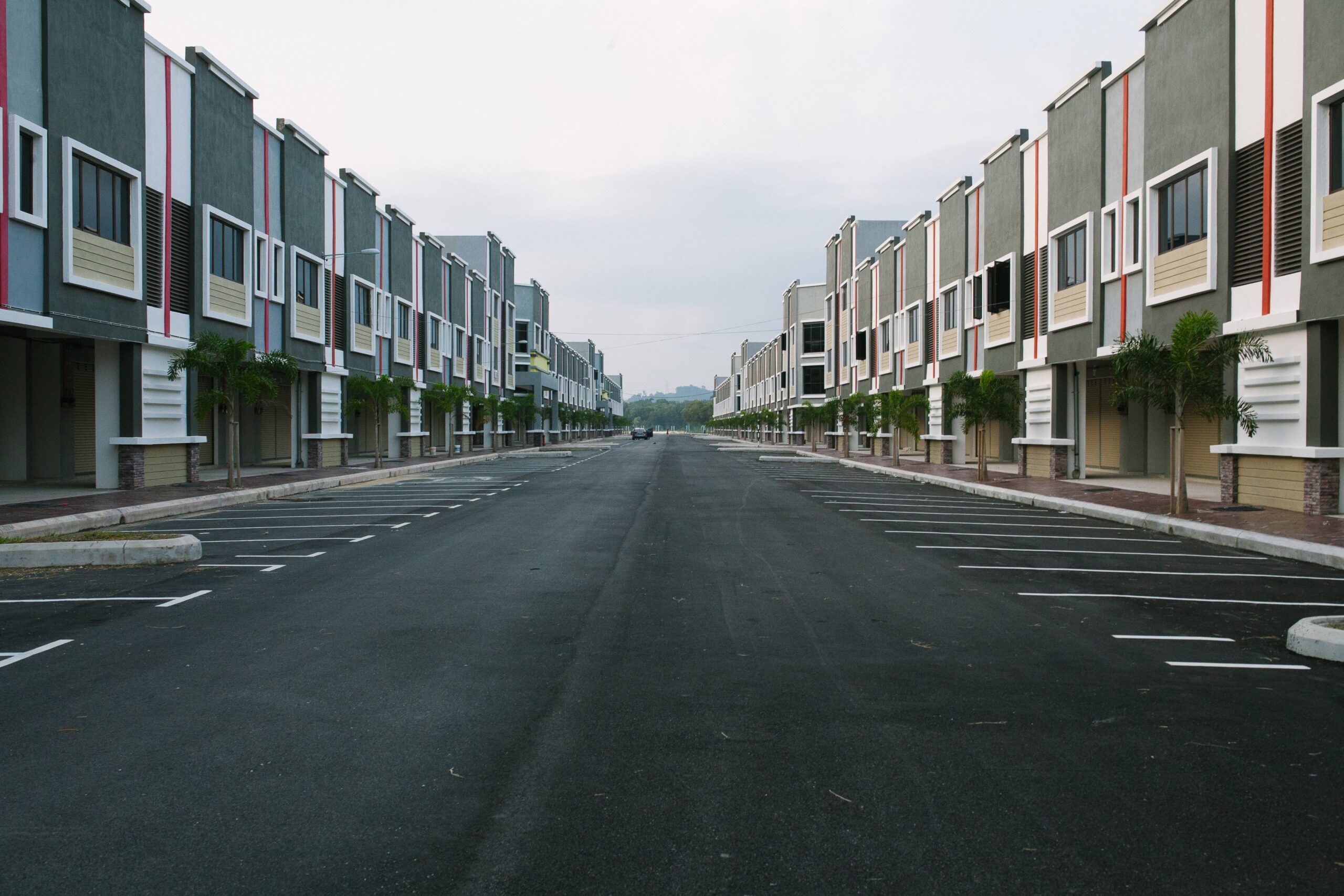- Have any questions?
- (850) 713-4866
- info@shorefront-investments.com
4 Must-Know Real Estate Predictions for 2023

Real Estate Jokes That Can Help Sell Your Home Fast
February 23, 2023
7 Home Design Trends in 2023
March 9, 2023We just started 2023, and projections on how the US housing market will fare for the rest of the are everywhere. The global economy is still reeling from the impacts of the COVID-19 pandemic, and inflation is still at an all-time high. The US Federal Reserve delivered its final rate hike for 2022 earlier in December as it seeks to cool down inflation. Rising mortgage rates contributed significantly to the uneven housing market as homes were on listing for months because home prices were rising to the point where buyers could no longer afford them.
Considering that 2022 has brought the US housing market close to pre-pandemic levels, particularly during the second half, even as inflation remained at record-high levels, how do experts think it’ll go in 2023? Here are some real estate predictions for this year:
- Low housing inventory to continue
Housing shortages in the US have long existed before the pandemic. However, the rising cost of materials, supply chain issues, and labor shortages due to COVID-19 further impacted the housing inventory negatively. Luckily, real estate is hyper-local, so while demand is expected to wane, the stock is likely to expand because, with fewer people buying, fewer homes will be off the market.
A Freddie Mac report published in 2021 states that the country was short some 3.8 million units in 2020, up from 2.5 million units in 2028. Analyst forecast that there will only be 4.87 million homes that will be up for sale in 2023, lower by 6% compared to 2022 and the lowest level of sales activity in nine years. The median home price in 2023 is expected to remain flat, increasing just about 0.3% per year after.
- High mortgage rates to prevail
Mortgage rates have surged since the beginning of 2022, which reflected investors’ view that the economy is too ‘hot.’ Analysts flag that interest rates are expected to continue to rise in 2023 during the first half but will start easing after that. Meanwhile, the Mortgage Bankers Association predicts that mortgage rates will drop to 5.4% in 2023. As of Dec. 21, 2022, the average rate for a 20-year fixed mortgage is 6.47%, while the national average 30-year fixed refinance rate stood at 6.54%.
Real estate investors will continue to benefit from high mortgage rates as it serves as a hedge against inflation. When mortgage rates increase, the rental market increases since fewer people only qualify for a mortgage.
- Lower foreclosures
A foreclosure is triggered by two factors: the lack of ability to pay, which results in delinquency, and the lack of equity in a property. Analysts say homeowners have very high levels of tappable home equity today, offering a cushion to withstand foreclosures.
The real estate market will continue to face a challenging year ahead. Home foreclosures fell sharply in mid-2022 due to solid demand and record-high prices, bringing extra equity to homeowners. However, those components do not suffice in 2023. This comes amid the Biden-Harris administration’s extension of the foreclosure moratorium and mortgage forbearance enrollment period for homeowners with government-backed mortgages imposed in 2021.
In addition, did you know that Illinois has the highest rate of foreclosed properties? One out of every 791 housing units in the state was foreclosed during the first quarter of 2022. On the other hand, Vermont has witnessed a steady decline in home foreclosures, and the state has the lowest foreclosure rate at one per 22,288 housing units foreclosed.
- Home prices to drop
Many experts weigh in on the housing market and what it will bring in 2023, and there’s no right or wrong answer. Home prices depend on location, square footage, and the surrounding community. In general, existing home prices are predicted to slide down about 5% nationally and up to 10% or more in high-priced areas and regions where home values soared the most.
Thankfully, the National Association of Realtors predicts that home prices in the US will not experience a steep decline this year. A slight or significant drop in housing prices could better position potential buyers in negotiating a final purchase price.
What Does This Mean for You?
It’s hard to nail down specific predictions in the housing market for 2023. Overall, the affordability of homes remains a major struggle, especially for younger buyers, who are now looking at the possibility of renting instead of purchasing their own homes. Will the US enter a recession in 2023? No one can tell. But if you’re wondering whether you should buy a home in 2023 or not, if you have the financial capacity to, then you should do it. Not to mention buying a home during a recession will get you a better deal.
The Bottom Line
Although many real estate predictions for 2023 came from experts in the field with enough research, data, and experience, the reality is, things could still go different ways. What’s important is that you stay informed and prepared for what’s to come, especially if you’re a real estate investor or someone who earns their income from the real estate industry. It’s always best to assess the environment, the housing market, and trends to put things into perspective to help you make the most of your deals and transactions.
For the time being, if you’re planning on buying or selling a property in 2023, it’s never wrong to tap an expert in the real estate field, such as Shorefront Investments, to get a grasp of the market. Buying or selling a home is a huge decision for you and your family, so you always want to get the best return on investment as much as possible.
Shorefront Investments sells high-equity properties at such a steal and buys almost all types of properties in any condition, at good prices. They close deals in an fast as one to two weeks or less, and they respond to inquiries quickly, both for buying and selling a home. Don’t hesitate to reach out via info@shorefront-investments.com or (850) 713-4866 to learn your options.




